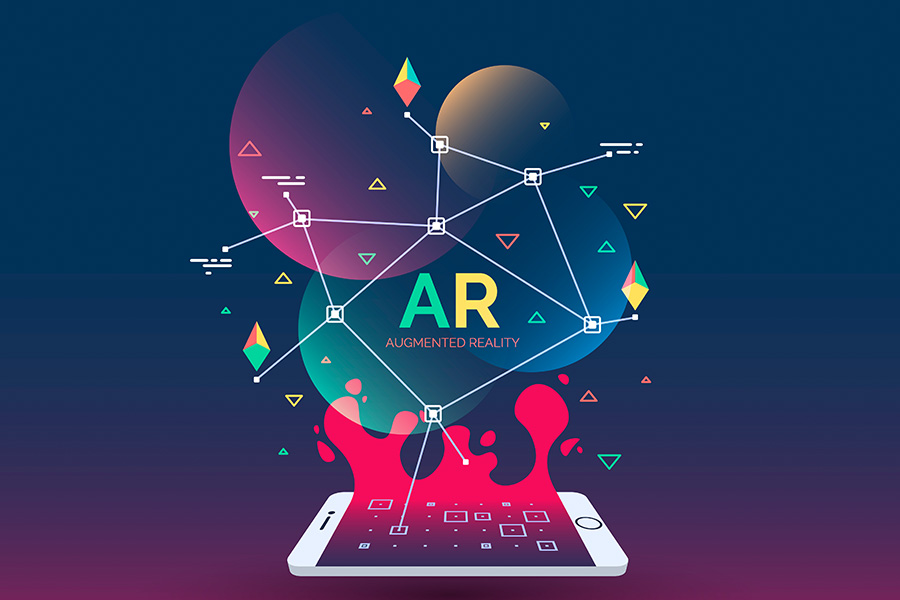
The findings reveal that interactivity and augmentation are salient augmented reality attributes that offer users both hedonic and utilitarian values.
Authors
Sumedha Chauhan, Professor, Jindal Global Business School, O.P. Jindal Global University, Sonipat, India.
Harish Kumar, Department of Marketing, Management Development Institute Gurgaon, Gurgaon, India.
Parul Gupta, Strategy and General Management, Management Development Institute Gurgaon, Gurgaon, India.
Summary
Amidst the ambiguity about the impact of augmented reality (AR) attributes on hedonic or utilitarian values, the present study aims to understand what AR attributes create hedonic and utilitarian values and how their interaction determines consumers’ behavioral intention.
Methodology
The study synthesizes the results of 19 quantitative studies on AR marketing by using the meta-analysis technique.
Findings
The findings reveal that interactivity and augmentation are salient AR attributes that offer users both hedonic and utilitarian values. They are instrumental in fostering users’ behavioral intention. However, interactivity does not have any direct influence on the behavioral intentions.
Originality
Being one of the first meta-analyses on AR marketing; theoretically, it synthesizes the statistical data of the state of art literature on AR marketing. The results of the study would allow AR practitioners to decide on their AR marketing related activities in a better way.
Published in: Marketing Intelligence & Planning
To read the full article, please click here.


